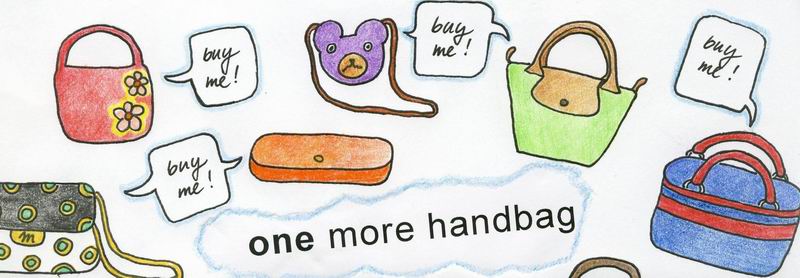Opposites Attract
These days, when you hear the word "test", the first association is probably "Covid test". Well, we've been taking plenty of those, too, recently, but I got Highflyer a different, and more expensive, kind of test for his birthday. Well, actually it was more a present for myself and I felt slightly guilty as he bravely clicked through all 177 questions while I kept him motivated with the promise of dinner. It was the Gallup/Clifton Strenghtsfinder test that I'd been eager for him to take for a long time. If you have ever worked in a corporate environment in general, and in an L&D environment in particular, you will have come across different types of questionnaires that are used as a team building instrument. They focus on preferences, psychological wiring, leadership and communication skills and are called HBDI, DISC, Insights Discovery, PCM, Wingfinder, etc., etc. My personal favourite has always been the Strenghtsfinder (fun fact: some colleagues of mine pronounce it "strangefinder") assessment that evaluates your strengths and talents and, among other things, lets others (i.e. your team mates when used in a work environment) understand better why you are so good and quick at certain things while you really dislike and are not great at others. There are 34 strengths (in the cheaper version you only get your top 5) and I have experienced that people can really relate to their results. My top 2 are "adaptability" and "empathy" and I can definitely relate.
Why was I so interested in getting Highflyer to take the questionnaire? Well, because I was convinced (and ultimately was proven right) that his strengths would be very different from mine. It turned out that his top two, "analytical" and "harmony" are in fact at the very bottom of MY list, i.e. 34 and 33 out of 34 whereas my top two rank in the bottom third of his list. Is that a good thing or a bad thing now? You can interpret it either way, but I personally find it fascinating as I find it proof for the theory that a) opposites attract and b) that people who are apparently wired really differently complement one another in the best possible ways. In fact, we have not had a single disagreement in all the time we've known each other (the past 12 months of which we've spent more or less joint at the hip, thanks to this pandemic) and are so great at communicating I often catch myself thinking "wow, it can just be so easy! Who'd have known!". I don't think we could be more different in the way we approach things and our general look on life, but we are actually an example of the main message of using this evaluation in a team setup, i.e. that in order for a team to be successful and work well, you should not hire people who all share the same strengths, but combine different ones. Yep, not only works in the workplace.



0 Comments:
Post a Comment
<< Home